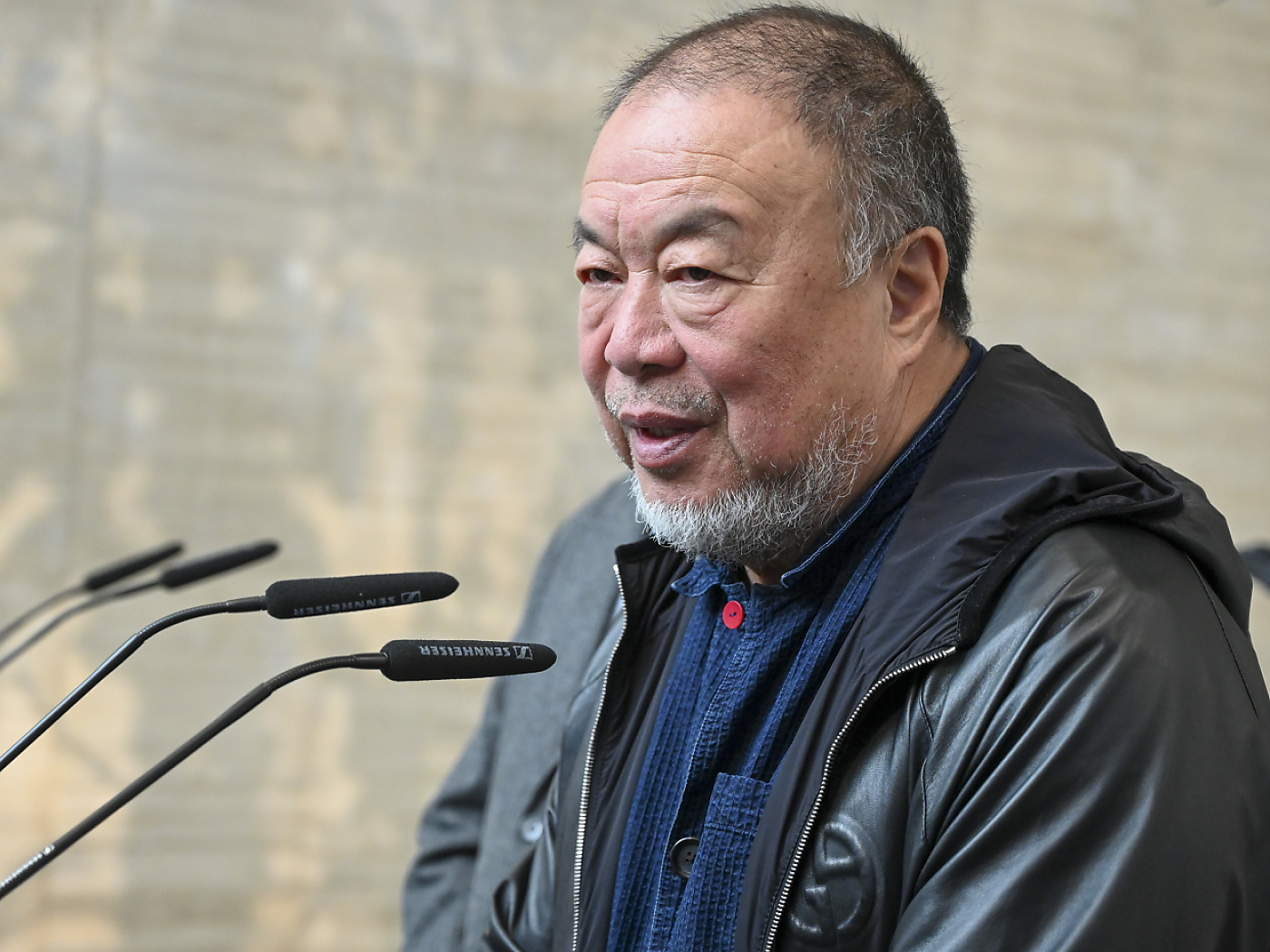
Ai Weiwei expresses surprise at being turned away at Zurich Airport

Chinese artist and dissident Ai Weiwei has expressed his surprise at being turned away at Zurich Airport. The world-famous artist was stopped when he entered Switzerland on Monday evening because, according to the Zurich police, he did not have a visa.
+Get the most important news from Switzerland in your inbox
He had not expected such a “surprising incident”, the Chinese national told the French-speaking Swiss newspaper Le Temps on Wednesday. “This is the first time I have been refused entry to Switzerland,” Weiwei said. He had planned to visit “a very good friend”, Uli Sigg, Switzerland’s former ambassador to China and collector of contemporary Chinese art.
+ Whispers grow about Chinese contemporary art
Weiwei, who has already travelled to Switzerland several times, pointed out that he is a permanent resident of Portugal. “As a Schengen country, Switzerland should recognise documents that have been validated by any other Schengen member state,” he said.
His visa for Portugal had technically expired, he said, but, “due to a backlog of over 400,000 open immigration cases, the Portuguese government has extended the validity of current visas until June 30, 2025”.
Slept on a bench
A spokesperson for the Zurich cantonal police confirmed to the Swiss News Agency Keystone-SDA on Tuesday morning that Weiwei did not have the necessary entry documents and was therefore unable to enter the country. However, he had not been arrested, the police spokesperson emphasised.
+ Chinese artist Ai Weiwei denied entry to Switzerland due to lack of visa
Weiwei, 67, had been able to move freely in the transit area until his return to his country of origin. Weiwei then commented on his stay at Zurich Airport on Instagram. “I’m sleeping on a bench with a blanket tonight, waiting to be deported at 6.50am next morning.”
Ai Weiwei was imprisoned in China in 2011 after making statements critical of the government and was banned from travelling. He then left the country.
Translated from German by DeepL/ts
This news story has been written and carefully fact-checked by an external editorial team. At SWI swissinfo.ch we select the most relevant news for an international audience and use automatic translation tools such as DeepL to translate it into English. Providing you with automatically translated news gives us the time to write more in-depth articles.
If you want to know more about how we work, have a look here, if you want to learn more about how we use technology, click here, and if you have feedback on this news story please write to english@swissinfo.ch.

In compliance with the JTI standards
More: SWI swissinfo.ch certified by the Journalism Trust Initiative




























You can find an overview of ongoing debates with our journalists here . Please join us!
If you want to start a conversation about a topic raised in this article or want to report factual errors, email us at english@swissinfo.ch.